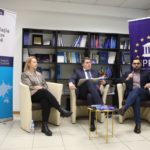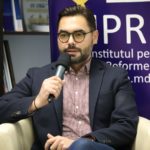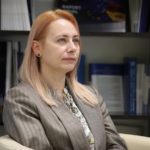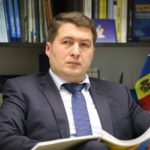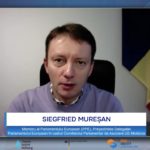EU Debates Cafe: What’s next after the December European Council?
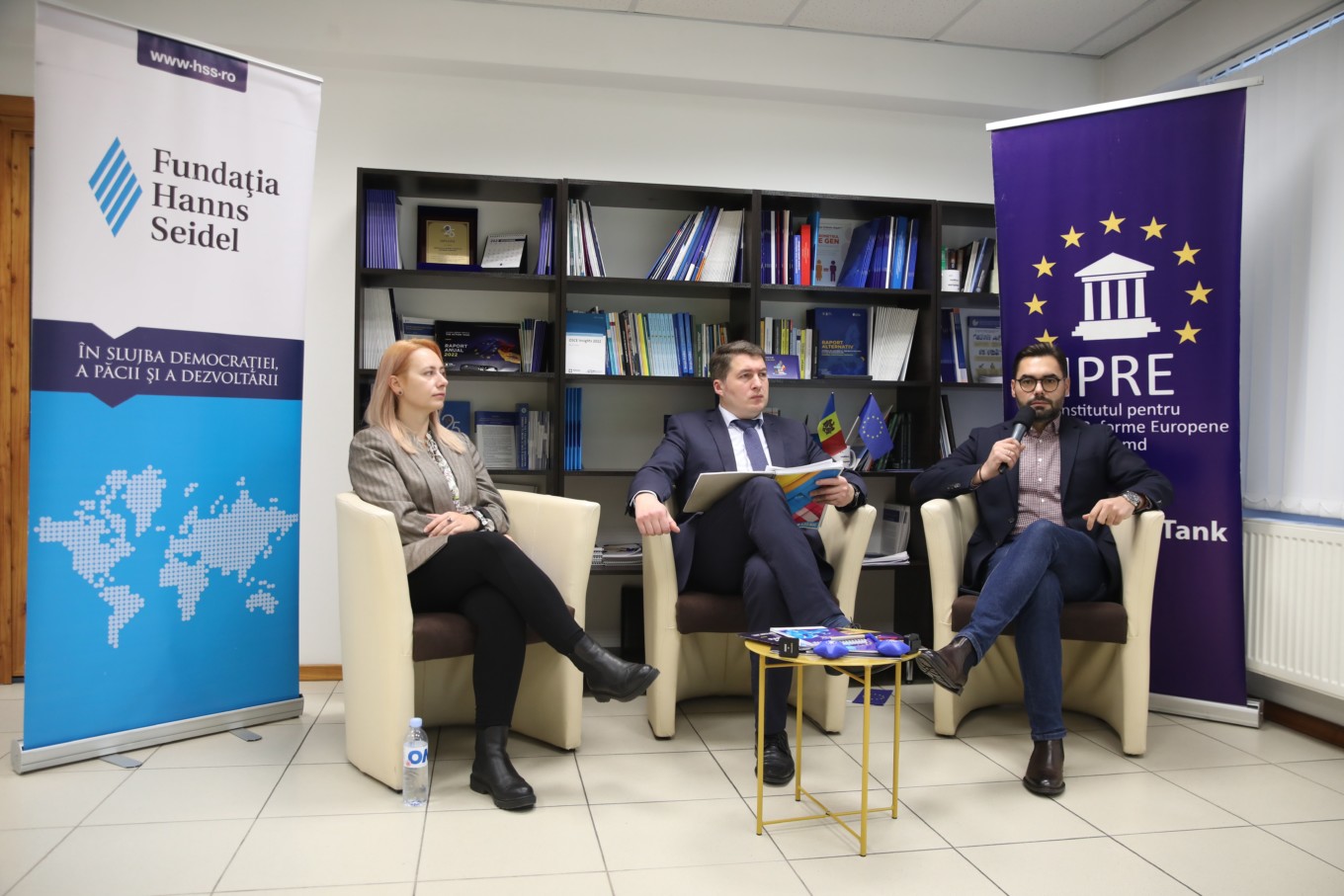
The Institute for European Policies and Reforms (IPRE), in partnership and with the support of the Hanns Seidel Foundation, organized on Tuesday, December 19, 2023, the sixth and final public debate of this year in the #EUDebatesCafe format, entitled: “What’s next after the December European Council?”.
The speakers at the event, which was moderated by Iulian Groza, IPRE Executive Director, spoke about the decision of the European Council of December 14, 2023 on the opening of accession negotiations with the Republic of Moldova and Ukraine, as well as about the next steps to be taken in dialogue with the European Union at EU level and what measures are to be taken internally in the Republic of Moldova to prepare and start the negotiations themselves.
Further, we propose some of the main interventions of the speakers:
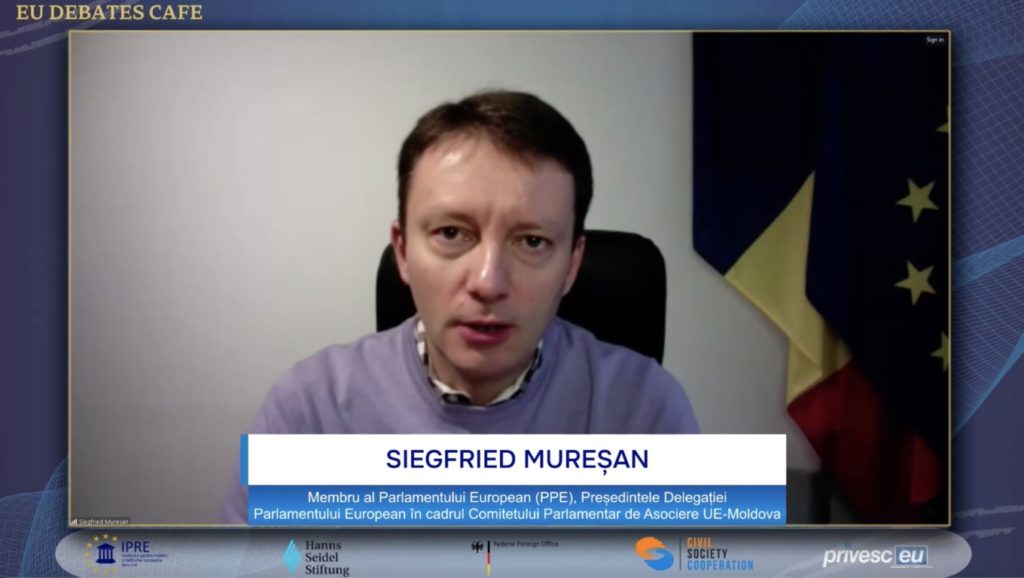
SIEGFRIED MURESAN, Member of the European Parliament (EPP), Chair of the European Parliament Delegation to the EU-Moldova Parliamentary Association Committee: “What will happen next, after the historic decision of 14 December? Indeed, we shall to start accession negotiations. The European Commission must prepare the so-called negotiating framework, because negotiations involve fundamental and profound change of the entire society in the Republic of Moldova for the better. It will mean the introduction of new quality standards, environmental protection, a European standard of living, which will come step by step in the Republic of Moldova. All this modernization process must be organized. Therefore, there will be about 30 areas, chapters, in which the authorities of the Republic of Moldova and the European institutions will negotiate, on an equal footing, the way in which the European legislation will be adapted to the realities of the Republic of Moldova. At the beginning of next year, the first intergovernmental conference will take place, where accession negotiations will be officially launched, through which experts from the Republic of Moldova and the European Union will technically negotiate on each of the fields in order to adapt the European legislation to the reality in the Republic of Moldova. Because after that, in the EU, we will have an electoral campaign for the European Parliament elections and a process of institutional repositioning – the election of a new European Commission, that is, a new executive of the European Union. While the EU will be politically concerned about this resettlement, our experts at technical level, on both sides, can make progress. So, by making the decision, all the premises were created for 2024 to be a year won, a winning year, a year in which to start the negotiation process and make significant progress.”
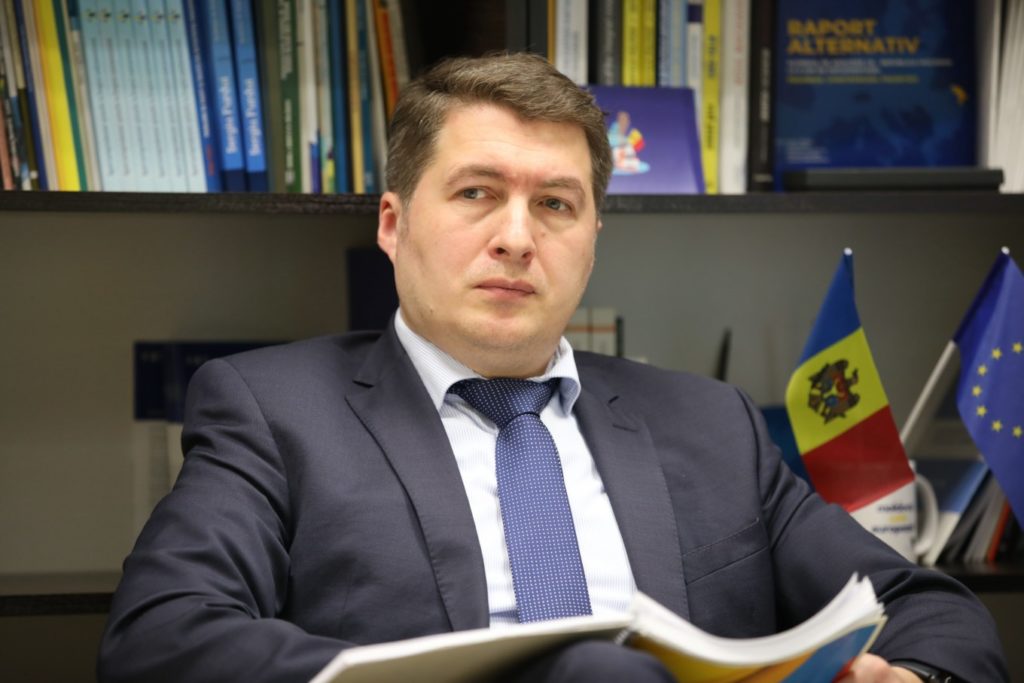
VLADIMIR CUC, State Secretary, Ministry of Foreign Affairs and European Integration (MFAEI): “Indeed, the decision is historic, not only symbolically and politically. It marks the transition from the state in negotiations to that of accession to the EU, less than two years after the submission of the application. There are a lot of preparatory stages at national level. First of all, an indispensable element is screening. We are going to start screening the legislation in the near future, which is an indispensable stage in any negotiations because it is an extremely detailed X-ray. This will be done in parallel with the implementation of the three remaining elements of the nine recommendations. First of all, it is about justice reform, namely the appointment of all members to the Superior Council of Magistracy, the Superior Council of Prosecutors, the Supreme Court of Justice, the Prosecutor General, etc. The second thing is about strengthening the institutions fightingcorruption, namely the Anticorruption Prosecutor’s Office. And, the third remaining element is the implementation of the de-oligarchization plan. For all these multitude of processes, which will take place in parallel and maybe at different speeds, we are ready. So, we have a lot of work ahead of us.”
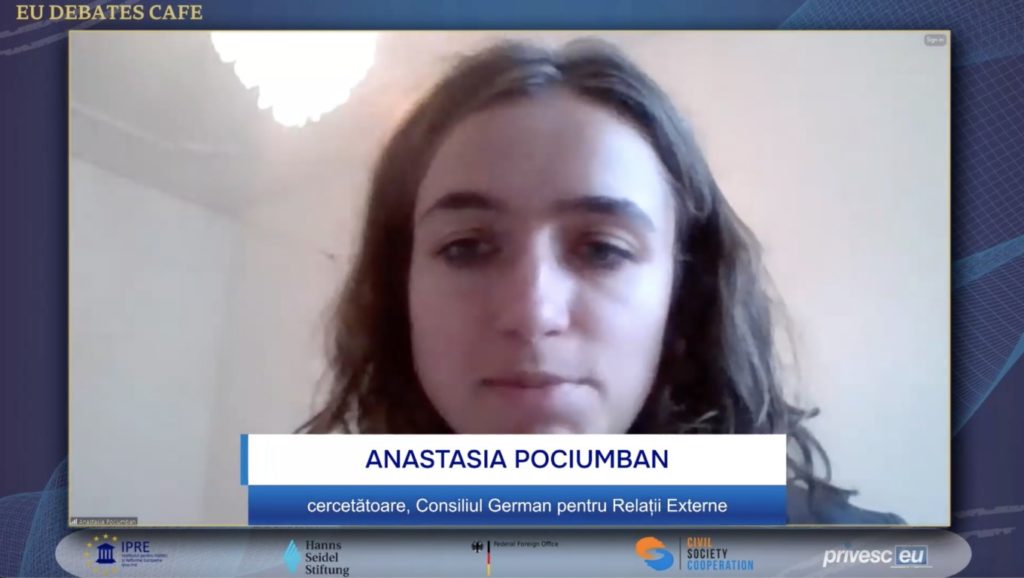
ANASTASIA POCIUMBAN, researcher, German Council on Foreign Relations (DGAP): “This decision is geo-political and the Republic of Moldova is going in a package with Ukraine. Respectively, we are directly affected by what is happening and decisions related to Ukraine. It is important that it was a positive decision, but we must not forget that the next council is coming, which will be in March, where this detailed plan of negotiations must be accepted. So it is an extremely lengthy process and the possibility of blocking negotiations or the whole European route exists. This decision is also linked to the enlargement process, which is also linked to reform within the EU. I believe that a lot will depend on how these processes go, because ultimately this process is linked to political interests in different European capitals. Moldova has indeed received the support of all countries, but this process will be very much connected to the enlargement process. Here, I believe that, both on behalf of Moldova and civil society, an advocacy process must be made and informed that discussions must be made faster. So the EU needs to do its homework so we don’t get stuck in the process.”
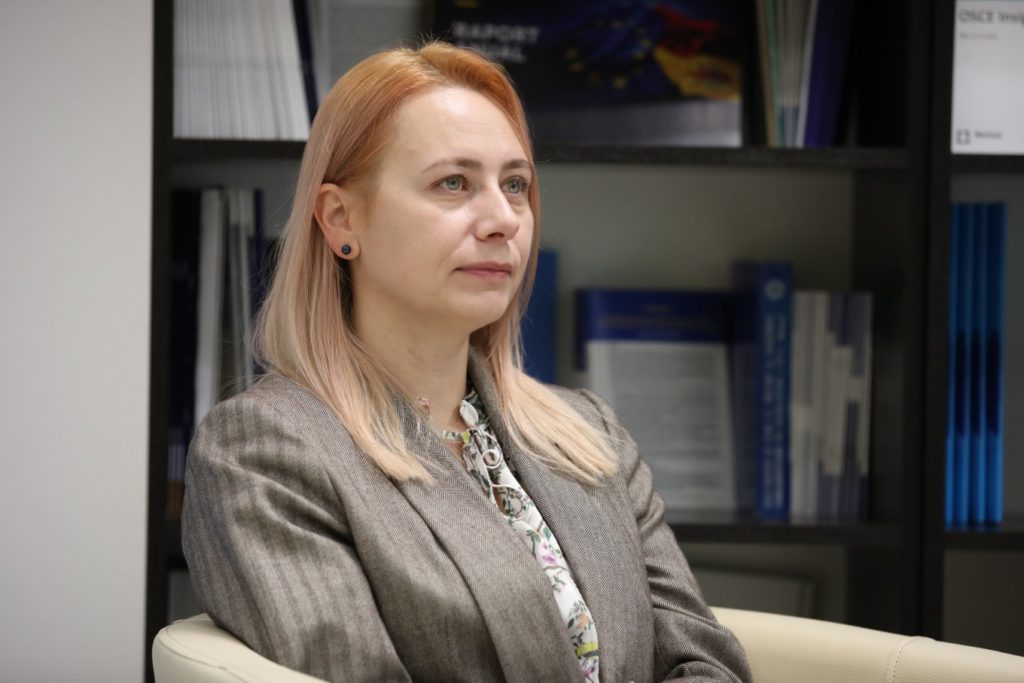
DORINA BALTAG, PhD in political science, researcher at the Institute for Diplomacy and International Governance in London: “People decide in which direction the country should go If we open the recommendations and conclusions of the Council of the EU related to Moldova, then we see that a key element that we do not see in the public space is communication with citizens. However, this is also the quintessence of the integration process that we should not forget. We must bear in mind that this process concerns everyone – academia, civil society, business, media, etc. Thus, I believe that at every stage, which will be very meticulous, we will have to invest in these partnerships between different actors. When we talk about the relationship with the diaspora, we already have a micro civil society that we can count on, such as, for example, the Moldova4EU Diaspora Task Force, of which I am a member, which is composed of a mix of people with inter-disciplinary background on different topics. The opening of negotiations is just a drop in a great ocean of reforms to come, so at least I see it, following the states that have recently joined the European Union. This geopolitical factor, Russia’s invasion of Ukraine, represents an opportunity for us that we have seized. Now, however, we can detach ourselves because, although we have entered the package, the negotiations will not be a package. It will be individual on Moldova, different from Ukraine. In addition, I think we also need friends in European capitals.”
For more details, you can watch the video recording of the event on privesc.eu here and on Live Reality here.
The event was organized within the project “EU DEBATES CAFÉ: Advancing knowledge and expertise on EU institutions and policies in the Republic of Moldova”, implemented by IPRE, in cooperation with the Hanns Seidel Foundation in the Republic of Moldova and with the financial support of the Federal Ministry of Foreign Affairs of Germany.

